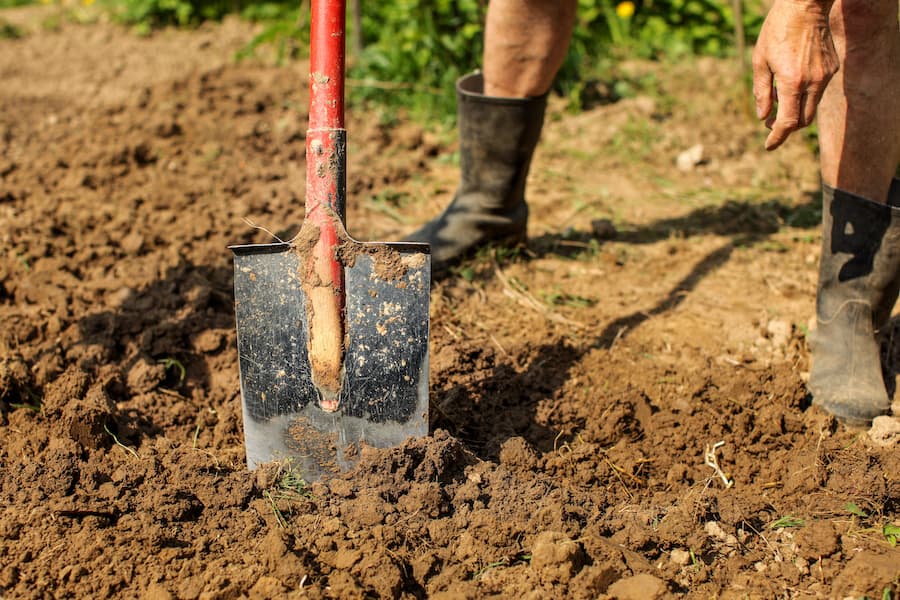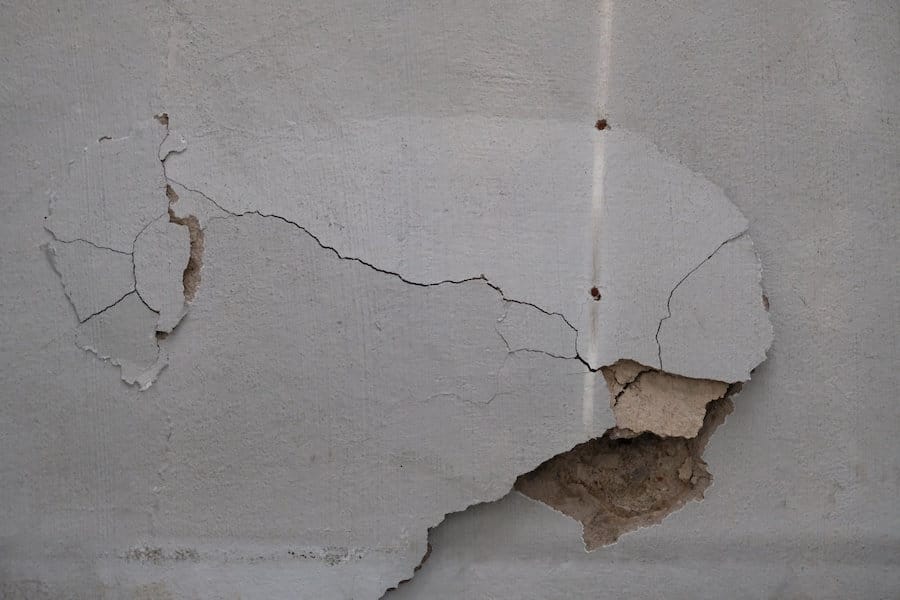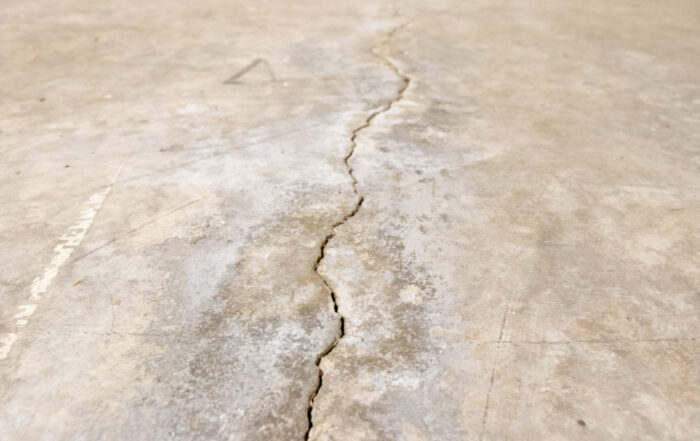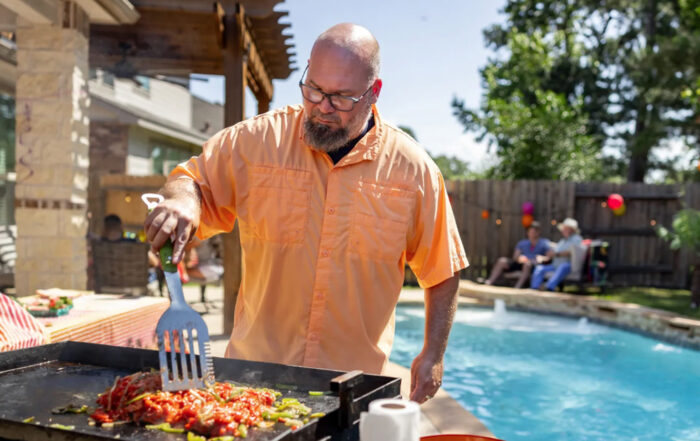Educating Out of State Buyers on Texas Soil Issues

Educating out-of-state buyers on Texas soil issues can help us continue to attract a large and diverse pool of homeowners. While there is much to love about the land, it’s important to understand that soil issues in Texas can lead to costly slab and pier and beam foundation problems. If you’re working with out-of-state buyers who are interested in Texas property, we have the information you need to help them understand the unique nature of Texas soil and how to protect a future home’s foundation.
Expansive Soils
Expansive soils contain particular clay types that rapidly swell when they come into contact with water and shrink as they dry. Due to its unique history, Texas is home to many of these kinds of clays. That means the soil in specific regions is often more absorbent than what some out-of-state homebuyers may be used to.
As such, many of these buyers may be unaware of the risks that come with purchasing property built on expansive soils. According to FEMA, expansive soils are responsible for more than $7 billion in damages each year across the country.
Texas is notorious for its fluctuating weather, from high rainfall to long droughts – meaning the soil here frequently expands as it fills with moisture and contracts as it dries. The amount of pressure this generates has been measured as high as 15,000 pounds per square foot. For solid structures such as slab or pier and beam foundations, this pressure can easily lead to sinking, cracking, buckling, and deterioration.
According to the U.S. Department of Defense, residential buildings are the type of personal property most often damaged by shifting soils. And while government and commercial buildings in Texas have mostly faced strict engineering and contracting rules for construction, residential building codes have not always been subject to the same standards. This is why it’s extremely important that out-of-state buyers understand the surrounding soil composition of a property before they decide to purchase.

What Regions Are Affected By Soil Expansion?
The regions with the highest concentrations of expansive soil are the central Texas Corridor, coastal areas, and the Blackland Prairies/DFW region. As more out-of-state buyers continue to flock to some of these major metropolitan areas, realtors will need to be able to speak knowledgeably to each region’s soil composition. The biggest metropolitan areas with expansive soils are:
- Dallas-Fort Worth
- San Antonio
- Houston
- Austin
How to Talk to Out-of-State Buyers About Texas Soil Issues
While many Texas homeowners are aware of how soil issues can affect their property, not all out-of-state buyers will have the same frame of reference. Soil expansion can be a major risk factor when buying a new home, so your clients will need to know everything they can about the soil properties around their prospective locations. If they are looking to live in one of the above-mentioned Texas counties, you need to help them determine whether the property in question is currently showing any signs of slab or pier and beam foundation problems.
Signs of a strained foundation will show up around a property as the soil expands and contracts with the changing weather. You may notice the following signs of strain throughout the home:
Exterior:
- Cracks in walls
- Sagging brick lines
- Bowed walls
- Cracking/uneven sidewalks and driveways
- Tilted landscaping/retaining walls
- Separating chimney
Interior:
- Cracks in sheetrock, drywall
- Bowed walls
- Cracks at wall corners
- Sticking doors and windows
- Sloping surfaces
- Cracking/uneven flooring

Armed with the knowledge of where expansive soils are found and the signs of slab and pier and beam foundation problems to look out for, your clients will be able to more confidently browse potential homes.
It’s important to reassure your clients that while expansive soils can be dangerous to a property’s foundation, it is not the end of the world. Plenty of homeowners in Texas and across the Southwest manage to live on expansive soil happily through a combination of vigilance and preventative measures.
When it comes to understanding Texas soil, there’s no better partner than Perma Pier. We’ve been a trusted partner to REALTORS for over 20 years, and we can help your clients understand more about their potential foundation issues.
Click here for an in-depth overview of the different soil types found throughout Texas. Find the city your buyers are looking in and share the soil information for that city to help them understand how it could affect their foundation.



